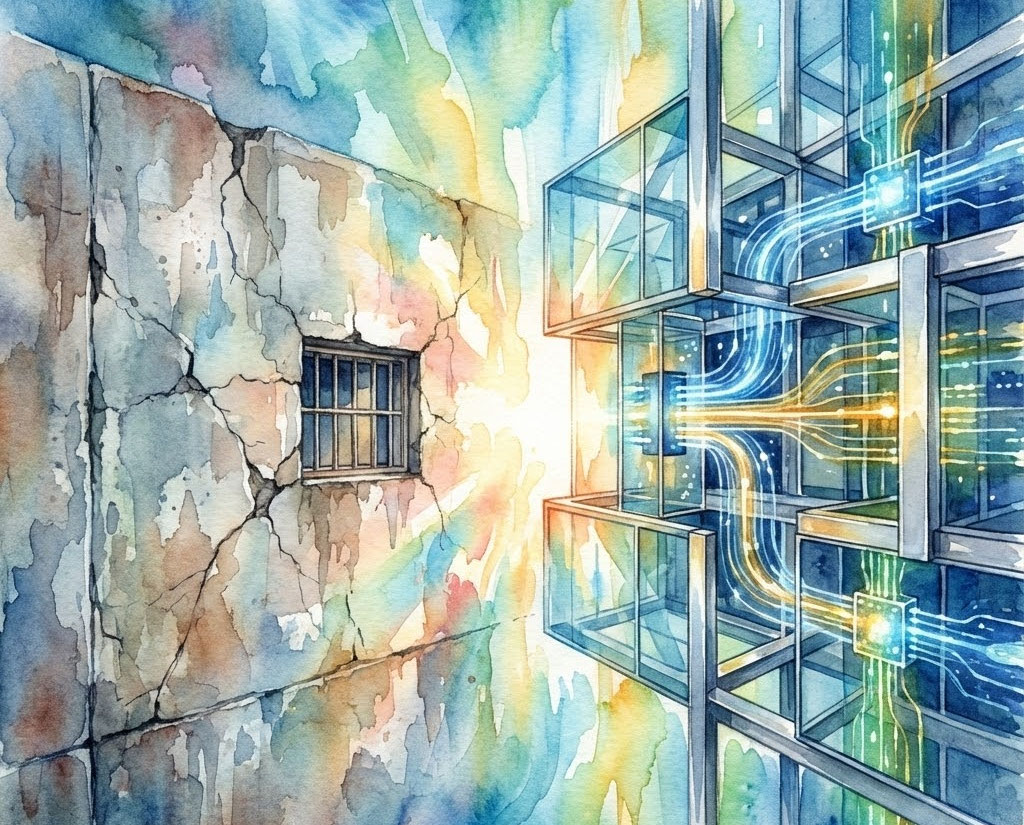
Being a high achiever means that life can be easy in some ways, but not so much in others. Whether you're an inventor or an athlete, the more you do (and improve), the more will be expected of you.
Here we'll address some of the pitfalls that lead to dreaded "burnout" and provide some tactics for avoiding it. Your urge to achieve and do more is a most valuable trait, but letting it go unchecked can be problematic.
Observe the following common habits that high performers sometimes get stuck in. Ask yourself "is this behavior holding me back?"
Considering Too Many Options
When you're involved in a project, you might be thinking about it non-stop. That in itself isn't a bad thing, but it often leads to a state known as “analysis paralysis.”
Analysis paralysis is the state of being stuck in the decision-making stage. It's characterized by analyzing a situation to a degree that fall short of taking action. Your progress is, in a word, paralyzed.
There are a few simple ways you can beat it:
Set achievable parameters for the first stage of a project at the outset. Once you meet those requirements, move on! Remember, you can always circle back and improve on something. If you're seeking perfection on the first go, you'll never get beyond step one.
Incorporate other people into your decision making process. Request feedback on initial ideas and ask for help with accountability on your progress toward the goal.
Set a real, firm deadline for completion. Keep it and meet it.
Not Being Able to Say “No”
If you're confident and capable, people will be eager to assign tasks to you and ask for your help. It's tempting to always say yes, partly because you love a challenge, and also because you want to help someone. High performers are often people-pleasers.
Never saying no to a friend or coworker is a fast road to burnout, loading you down with more work than you can handle. This is especially true when you underestimate the effort required, or unexpected conflicts arise. This is often how personal goals and work-related goals come into conflict and create an escalating source of stress.
Learn to say no when it's appropriate. Not easy by any means, but an essential survival skill. Consider every request you get, and if you don't have the time or ability, don't be afraid to turn them down. See if you can provide some quick, low-effort value instead. Try referring the person to someone who'll be able to help them, instead.
Being Too Work-Oriented
Achieving feels good, and high achievers are sometimes a bit obsessive. Focusing on business, software engineering, writing, political activism, etc. can be addictive. Sometimes to the exclusion of most everything else. While it may feel natural, it's not a long-term strategy for a healthy life.
This isn't to recommend considering as many options as possible, either. That'll bring you right into analysis paralysis, as we mentioned. Instead, try having a selective variety of interests in your life, becoming as well-rounded and aware of the world as possible.
This "renaissance" approach helps prevent boredom (something to which high-achievers are especially susceptible.) The skills you learn doing one thing can transpose nicely in different areas, as well. The confidence you internalize from rock climbing, for example, can help you out in business negotiations, or in creating controversial art. It's good to exercise different parts of your brain (and body) asthis leads to more intellectual diversity.
Does it feel like we're talking about you? If so, try putting that drive and ambition towards figuring out what you can do to overcome these habits. When you find yourself in analysis paralysis, saying yes too often, or neglecting certain areas of your life, take pause. Step back from the noise, and think about how you got here. See the decisions that led to that situation, and consider what you might've done to avoid it.








